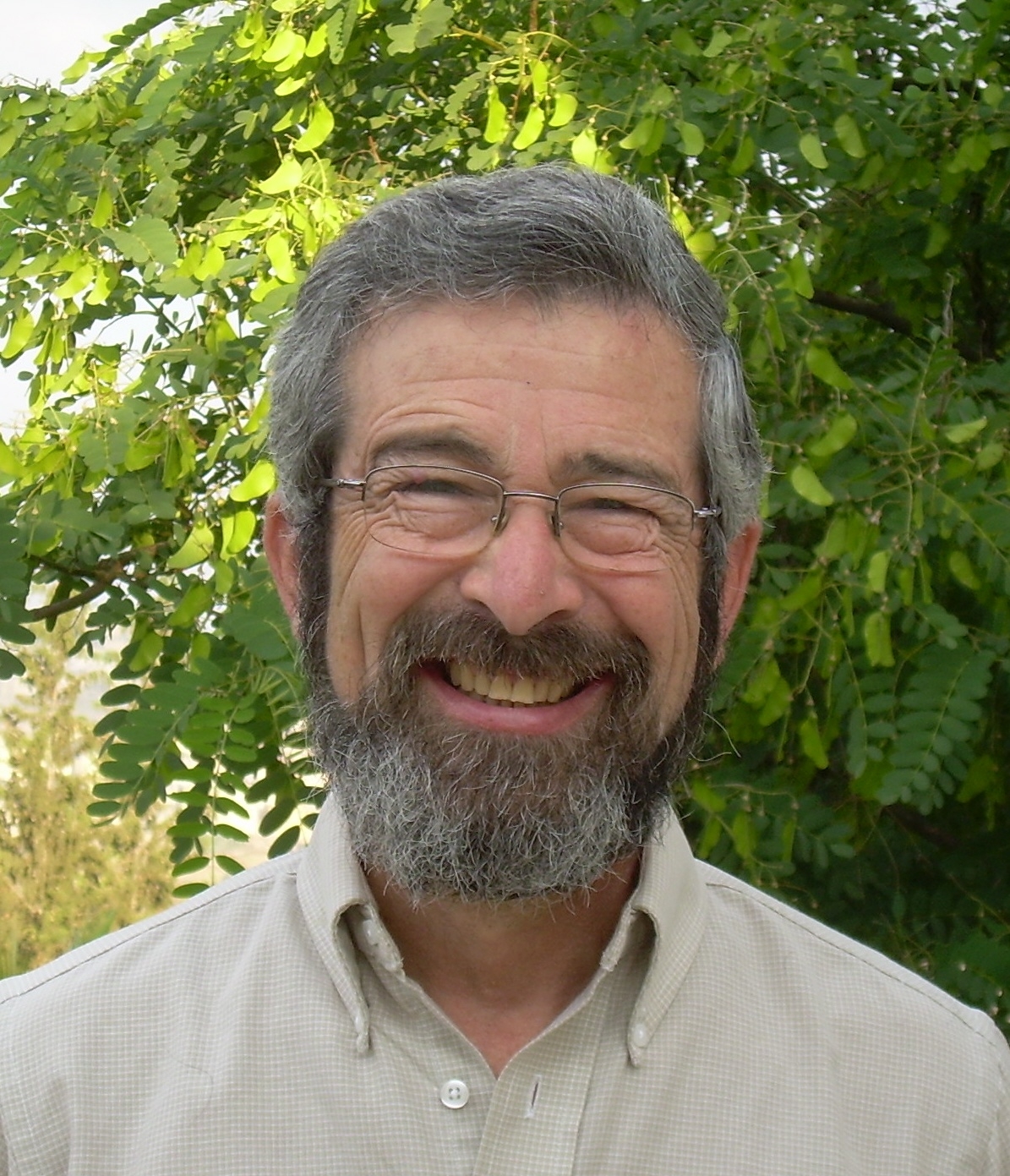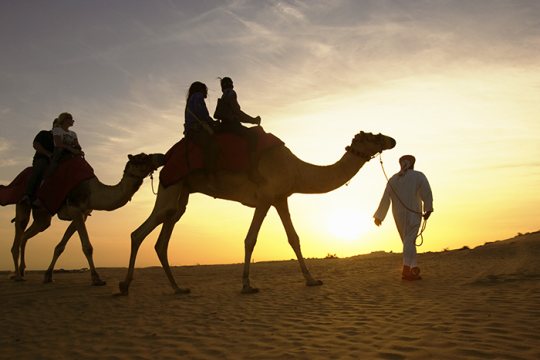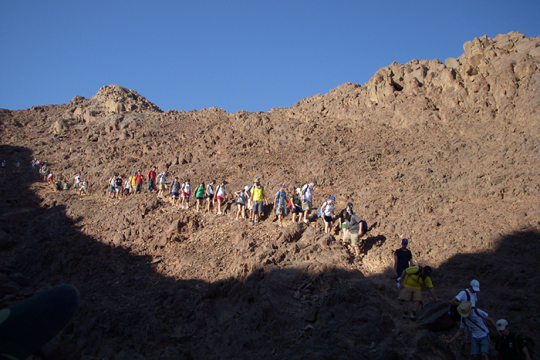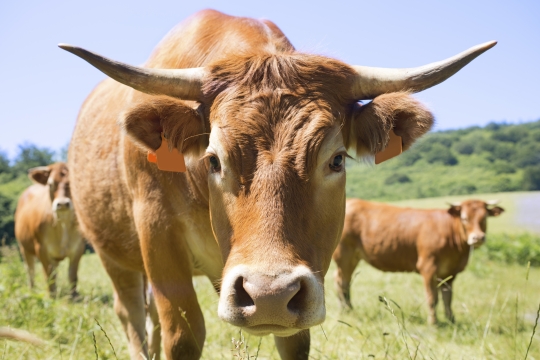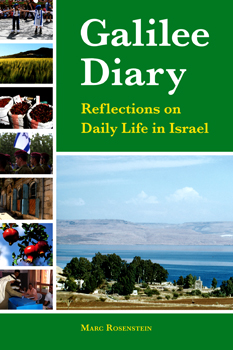
Whoever saves one life in Israel [i.e., of a Jew] is as if he had saved an entire world.
– Mishnah, Sanhedrin 4:5
Whoever saves one life is as if he had saved an entire world.
– The above Mishnah, as quoted in Jerusalem Talmud, Sanhedrin 22a
In a previous Galilee Diary I described my participation in the triennial Anna Lindh Foundation Forum in Marseille in April. It was a very interesting experience, meeting representatives of NGOs and governments from Europe and the whole Mediterranean basin. One morning, on the bus from the hotel to the convention center, I found myself sitting next to Father Paolo Dall'oglio, a large, ebullient Jesuit around 60, born in Italy but fluent in a number of languages. He was very impressive – both in his personality and in his biography – and it was a fascinating bus ride for me. He had been living in a desert town in Syria for thirty years, leading a religious community dedicated to interfaith reconciliation. He supported the opposition in Syria, and worked to reconcile various ethnic and religious groups there. The Syrian government had expelled him a year previously, and he had moved to Iraq, to continue the same type of work. Last week there was a report in the news that he had crossed back into Syria to try to continue his work to reconcile various opposition groups, and has not been heard from for a month. There are conflicting reports: first it was reported that he was executed, but later reports now call that into question.
Israel may not be a perfect democracy, and there are certainly forces at work here that do not see democracy as necessarily the best form of government (at least not for everyone). And we live under a constant cloud of fear of violence. We take security checks for granted at the mall; we are not shocked when the news reports a rocket attack across the border; we define growing up – and national belonging – in terms of military service. But against this background noise, we live normal lives. We have our complaints, and we are not free of injustice – but we are free, and safe, and live neither in fear nor in despair. We have it pretty good, and we expect the future to be better. We get married and have children and build houses, we criticize the government and make fun of our leaders, and eat watermelon on the beach. And if the border were open, we could drive for an hour and find ourselves in an alternate universe, where there is no safety and no freedom, where violence lurks around every corner and normal everyday life seems to be a memory or a dream. The body counts mount up on the front pages, but for all we experience, the accounts could be about countries half a world away. The only hint that the violence is close to home is the occasional report of Syrian casualties being treated in hospitals around the Galilee.
One natural reaction, which is common here, is the "villa in a jungle" attitude, which carries a whiff of racist superiority, implying a genetic propensity for violence among Arabs, or a religious commitment to violence among Muslims. Both of these implications ignore, it seems, the experience of the past thousand years in Christian Europe. And in the endless discussions about great power intervention, the tension between the strong desire to do something – and the justified fear of unintended consequences, of betting on the wrong horse, of another "quagmire" – leads to paralysis and feelings of guilt. We are experts at asking "where was the world during the Holocaust?" Now we are learning a little humility. It seems to me Israel could offer humanitarian aid to the burgeoning refugee population; we are always quick to do so when the disaster is farther away...
For me the overwhelming response is sadness. So much suffering, so close to home, yet so far beyond my understanding or my ability to make a difference. And what happens to that villa when the jungle goes up in flames?
